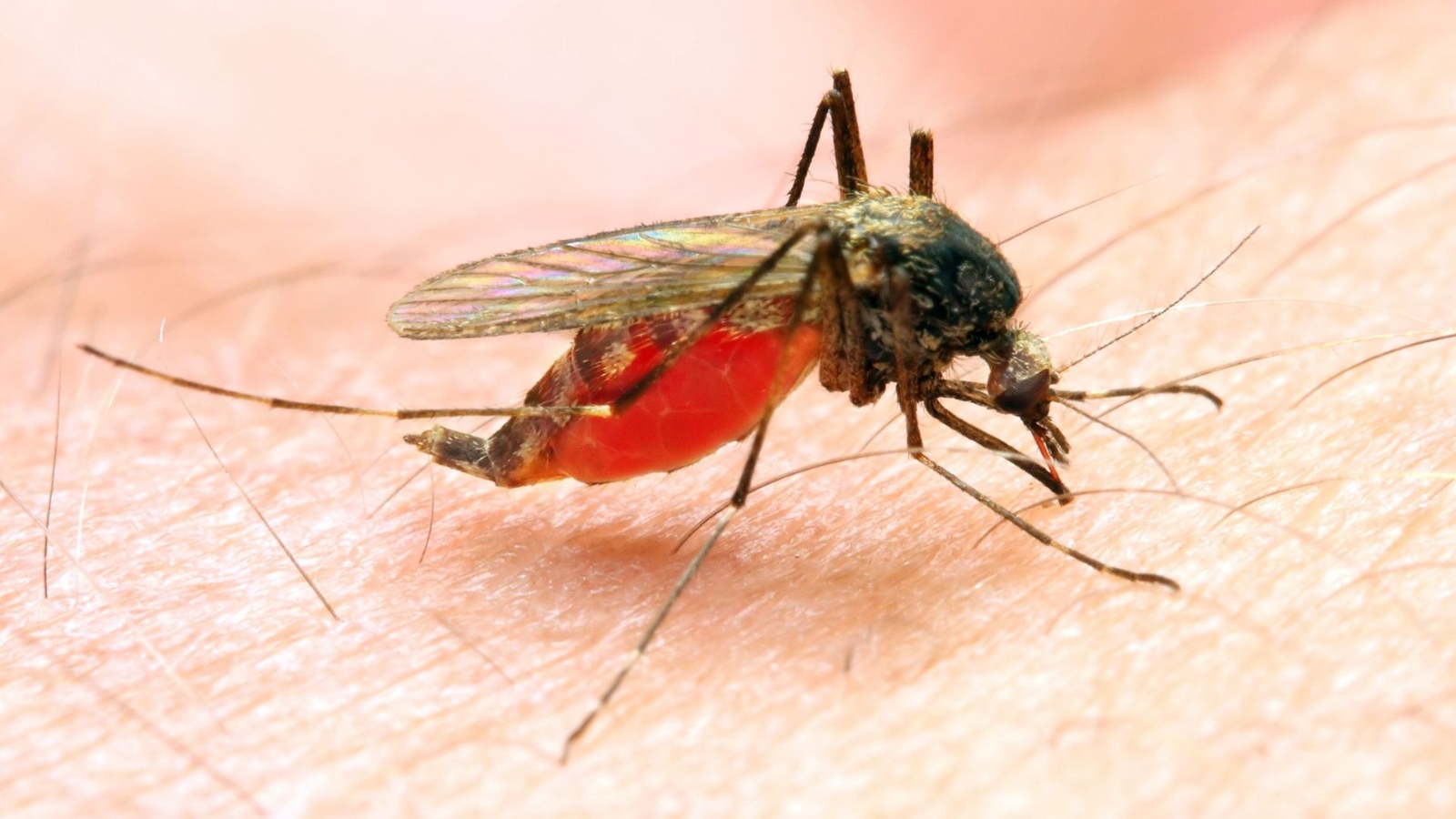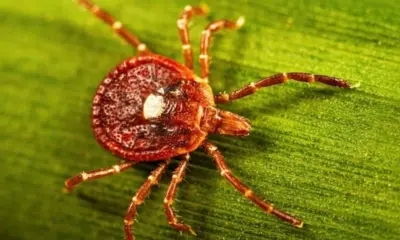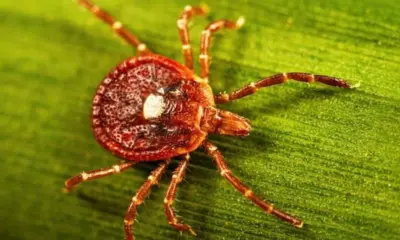Health
New Jersey Investigates Possible Local Malaria Case in Resident

Health officials in New Jersey are investigating a case of malaria in a resident from Morris County, marking a concerning development as the individual has not traveled internationally. The New Jersey Department of Health is collaborating with the U.S. Centers for Disease Control and Prevention (CDC) to identify potential sources of infection. If confirmed, this case could represent the first locally acquired malaria instance in the state since 1991.
This investigation follows a separate case in Washington State, where local health authorities were examining a malaria case in a patient without recent international travel. These incidents highlight a rare but significant public health issue, as malaria is primarily known to occur in tropical and subtropical regions.
Understanding Malaria and Its Transmission
Malaria is a mosquito-borne disease caused by a parasite, which is transmitted through the bite of infected mosquitoes. Symptoms of malaria typically include fever, chills, headache, muscle aches, and fatigue, along with potential nausea, vomiting, and diarrhea. While malaria does not commonly spread in the United States, approximately 2,000 cases are reported each year, predominantly among individuals who have traveled abroad.
Health officials emphasize that malaria is not spread from person to person. Instead, infections can occur when individuals who contracted the disease overseas are bitten by local mosquitoes, which may then transmit the parasite to others. According to the CDC, they are closely monitoring the situation and providing support to both state and county health departments as needed.
Local Risks and Health Precautions
In New Jersey, there are about 100 travel-associated cases of malaria reported annually. While the state does have mosquito species capable of carrying the malaria parasite, health officials state that the risk of infection remains low. Jeff Brown, Acting Health Commissioner for New Jersey, remarked, “While the risk to the general public is low, it’s important to take the necessary precautions to prevent locally acquired malaria in New Jersey.”
Residents are advised to take preventive measures against mosquito bites, particularly during warmer months. Early diagnosis and treatment for malaria in returning travelers are also critical components of public health strategy. The situation remains under close observation as health officials work to ensure the well-being of the community.
-

 Technology5 months ago
Technology5 months agoDiscover the Top 10 Calorie Counting Apps of 2025
-

 Health2 months ago
Health2 months agoBella Hadid Shares Health Update After Treatment for Lyme Disease
-

 Health3 months ago
Health3 months agoErin Bates Shares Recovery Update Following Sepsis Complications
-

 Technology4 months ago
Technology4 months agoDiscover How to Reverse Image Search Using ChatGPT Effortlessly
-

 Technology1 month ago
Technology1 month agoDiscover 2025’s Top GPUs for Exceptional 4K Gaming Performance
-

 Technology2 months ago
Technology2 months agoElectric Moto Influencer Surronster Arrested in Tijuana
-

 Technology5 months ago
Technology5 months agoMeta Initiates $60B AI Data Center Expansion, Starting in Ohio
-

 Technology5 months ago
Technology5 months agoRecovering a Suspended TikTok Account: A Step-by-Step Guide
-

 Health4 months ago
Health4 months agoTested: Rab Firewall Mountain Jacket Survives Harsh Conditions
-

 Lifestyle5 months ago
Lifestyle5 months agoBelton Family Reunites After Daughter Survives Hill Country Floods
-

 Technology4 months ago
Technology4 months agoHarmonic Launches AI Chatbot App to Transform Mathematical Reasoning
-

 Technology3 months ago
Technology3 months agoUncovering the Top Five Most Challenging Motorcycles to Ride





















